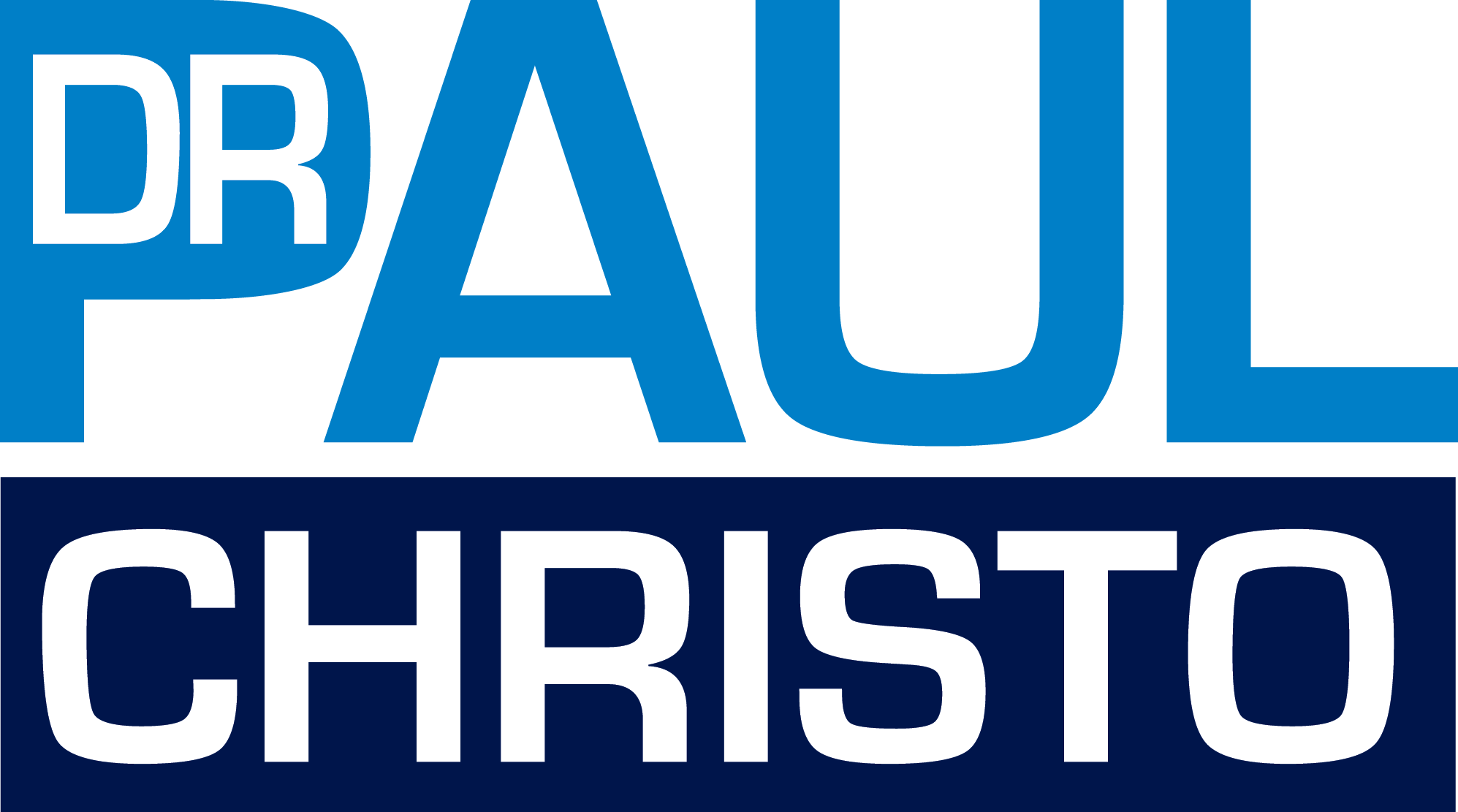
As the Covid-19 pandemic rages on — the stealthy virus which, since the start of 2020, has claimed more than 1.5 million lives worldwide — a bright light is being shone on another group of people sickened not by the highly contagious and potentially deadly virus, but by coping with this historic devastation in the shadows of drug addiction.
Whether playing with the fire of addiction or well into the throes of it, Dr. Paul Christo, director of the Multidisciplinary Pain Fellowship Program at The Johns Hopkins Hospital, host of SIRIUS XM radio talk show “Aches and Gains,” and author of a book by the same name, sat down with TAPinto Hackensack to discuss the current opioid epidemic (the bulk of which is right here in North Jersey), how addiction to pain killers manifests, the brain disease’s tight grip on the mind, and how relatively new treatment options like telemedicine can help those struggling in its quicksand to muscle out and lead healthier, more in-control lives before it’s too late.
TAPinto Hackensack: How bad is the opioid epidemic in the era of Coronavirus compared to years’ past?
Dr. Christo: It’s worse. In 2019, there were 71,000 overdose deaths — half of those are related to synthetic fentanyl, rather than prescription opioids. The rise in prescription pain killers has shifted to synthetic opioids which are bought on the street. They are 100 times more potent than morphine. What we’re seeing is counterfeit pills — oxycontin laced with fentanyl which creates a higher risk of overdose. People turn to opioids as a form of escapism from the stressors of life and a distraction of the stress of Covid-19, from economic hardship to depression, anxiety and loneliness. These mood-altering substances create euphoric feelings that are hard to resist.
TAPinto Hackensack: What underlying risk factors fuel full-blown addiction in people?
Dr. Paul Christo: Addiction is a chronic neurological and biological disorder. It has a combination of environmental, genetic, and psychological factors which take hold when a drug with rewarding properties (such as opioids and alcohol) are introduced to a vulnerable person in a vulnerable time in their life, whether due to a loss of a job or the disruption of a relationship. Right now what we see during this Covid-19 pandemic are more and more people vulnerable in various ways — economic hardship, (layoffs, bonuses have stopped). We’ve also seen more depression, anxiety, and social isolation — all of which can lead to drug use and abuse.
TAPinto Hackensack: Can you explain opioids’ effect on the brain and the pitfall of addictive behaviors?
Dr. Christo: The opioids find receptors in the brain and spinal cord. In order to relieve pain they bind to these receptors. The opioids reduce the ability of nerves to transmit painful impulses. They’re very powerful in reducing pain after surgery. Opioids are prescribed for a select group of patients (cancer, nerve pain, Multiple Sclerosis) and important to maintain a good quality of life.
TAPinto Hackensack: Why are users reluctant to seek help for their addiction? Is it a lack of access to resources or is it more because they don’t want it?
Dr. Christo: Often they don’t initially. They’re feeling like this is a way out. Your life crumbles around you and you’re caught up in the disease of addiction; it’s extremely difficult to extricate yourself from that. The brain is hijacked and there is a loss of control of your life. The drive to feel that sense of euphoria is so strong in humans and in animals that it surpasses everything else.
TAPinto Hackensack: What is telemental health services, and how does it effectively treat addiction in users during the ongoing pandemic?
Dr. Christo: More and more services are establishing important connections between a person at risk for addiction and in the throes of addiction with counselors, with psychiatrists. We’ve seen increases in the past year in the use of telemental health services since the onset of the Covid-19 pandemic in March. The lack of communication and social isolation has led people down the path of addiction. People can visit American Psychological Association online and link directly via video with psychiatric and support groups in your area. It’s not quite as good as being there in person, but a reasonable substitute. It’s important to prevent those in recovery from relapsing.
TAPinto Hackensack: What would you tell people who would rather abuse drugs than seek treatment?
Dr. Christo: I think there’s a compassionate and understanding approach to those abusing drugs. It’s not something they can control. There’s a misconception that many believe those who are abusing drugs can control it — they can’t. The brain is hijacked, they lose control over use of these substances. They’re people using it to elevate their mood. These re-enforcing properties propel the addiction in vulnerable people and spirals out of control into addiction. Take advantage of the telemental health services. If you’re sober and you’re concerned about relapse, maintaining connections with support groups and 12-Step programs are key to maintaining sobriety. If you’re abusing drugs and you’re concerned about it, talk to your primary care physician who can link you to a service that can prevent spiral into addiction. Having a strict structure to your day can help maintain your recovery. Linking with a counselor, exercise, sports, fishing, spirituality can all help maintain a life of sobriety that was lost and severed during Covid-19 and can be restored with telemental health services.
If you or someone you know is struggling with addiction, visit the American Psychological Association on the web at apa.org to connect with professionals today.
This article was originally posted on Tap into Hackensack.
